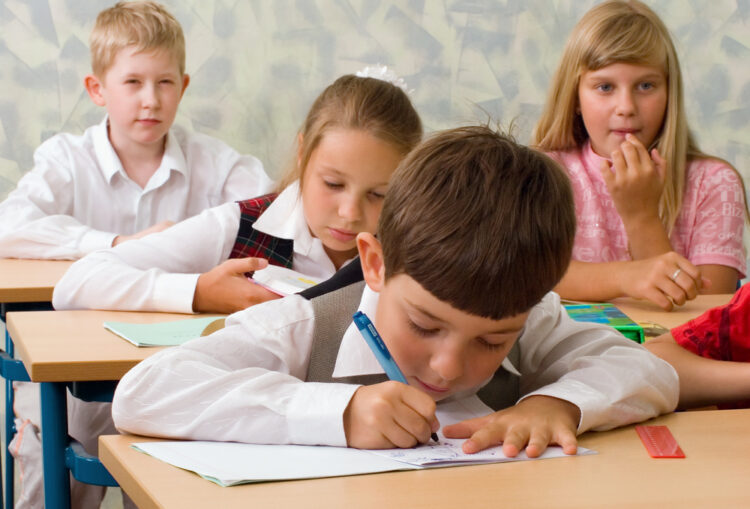By Charlotte Webster-
The British government will need to work hard to address the unequal impact the lockdown and enduring social distancing measures have had children, researchers have said.
Covid-19 affected children in the Uk disproportionately, highlighting stark disparities between disadvantaged children and their more affluent peers, from ill-health and poor-quality housing, the extensive report from the leading children’s services states
Unequal children’s access to technology and therefore opportunities to learn at home has been one of the effects of the lockdown so far, underlining the widely varied harm to educational access to different children.
Although children have been less affected by the virus in terms of infection and mortality rates, ADCS members have expressed concerns about increased exposure to ‘hidden harms’ as well as lost learning and the impact of social distancing on children and young people’s development, and on their mental and emotional health and well being.
The vulnerability of specific cohorts, including care leavers, young carers, children and young people in conflict with the law and families with no recourse to public funds, has been heightened during this period.
While praising the level of resilience that many families have demonstrated as remarkable, the report expresses concern for sustainability of the early years and childcare sector. It also raises the importance of recognising the heightened risk of the workforce experiencing trauma, burnout and fatigue during this period.
It also states that mental health referrals and non-urgent hearings in both the family and magistrate courts. Councils also face an estimated £3.1bn gap by 2024-25 in the funding required to maintain children’s social care services at 2019-20 levels, and have already incurred extra costs adapting to coronavirus.
ADCS members believe that this moment represents a once in a lifetime opportunity to be bold and tackle head on the inequalities and the structural barriers many children and families face, particularly those from the most deprived areas and from black, Asian and minority ethnic (BAME) groups, and bring about meaningful and lasting
change.
The report also state that the pandemic has disrupted professionals’ relationships with children and families e.g. youth workers, health visitors and family support workers.
The longer-term impact on the voluntary and charitable sector, who work around statutory services or are contracted by LAs to deliver services, is unknown, the report states.
”The risk of burnout and fatigue across the totality of the children’s workforce cannot be underestimated. Some, such as social workers, foster carers, teachers and residential children’s home staff, have been operating under extraordinary circumstances for a sustained period.
”Staff have not been taking annual leave as they usually would have, this has implications for both personal and organisational resilience.
The report claims the experiences of children and their families have varied greatly, and for some, this period will have been exceedingly difficult and traumatic exposure to ‘hidden harms’ as well as lost learning and the impact
of social distancing on children and young people’s development and on their mental and emotional health and well being.
”Without action, Covid-19 will cast a long shadow over the children, young people and families who rely on the support of schools, the health and social care system and the voluntary sector for many years to come”, the report states.
Different ways of working by using electronic communications, such as Skype and WhatsApp, as a means of ‘visiting’ children in need or in care may not be as effective if there isn’t a safe, quiet space to talk openly at home or if families do not have access to the right technology to engage”, researchers have concluded,




